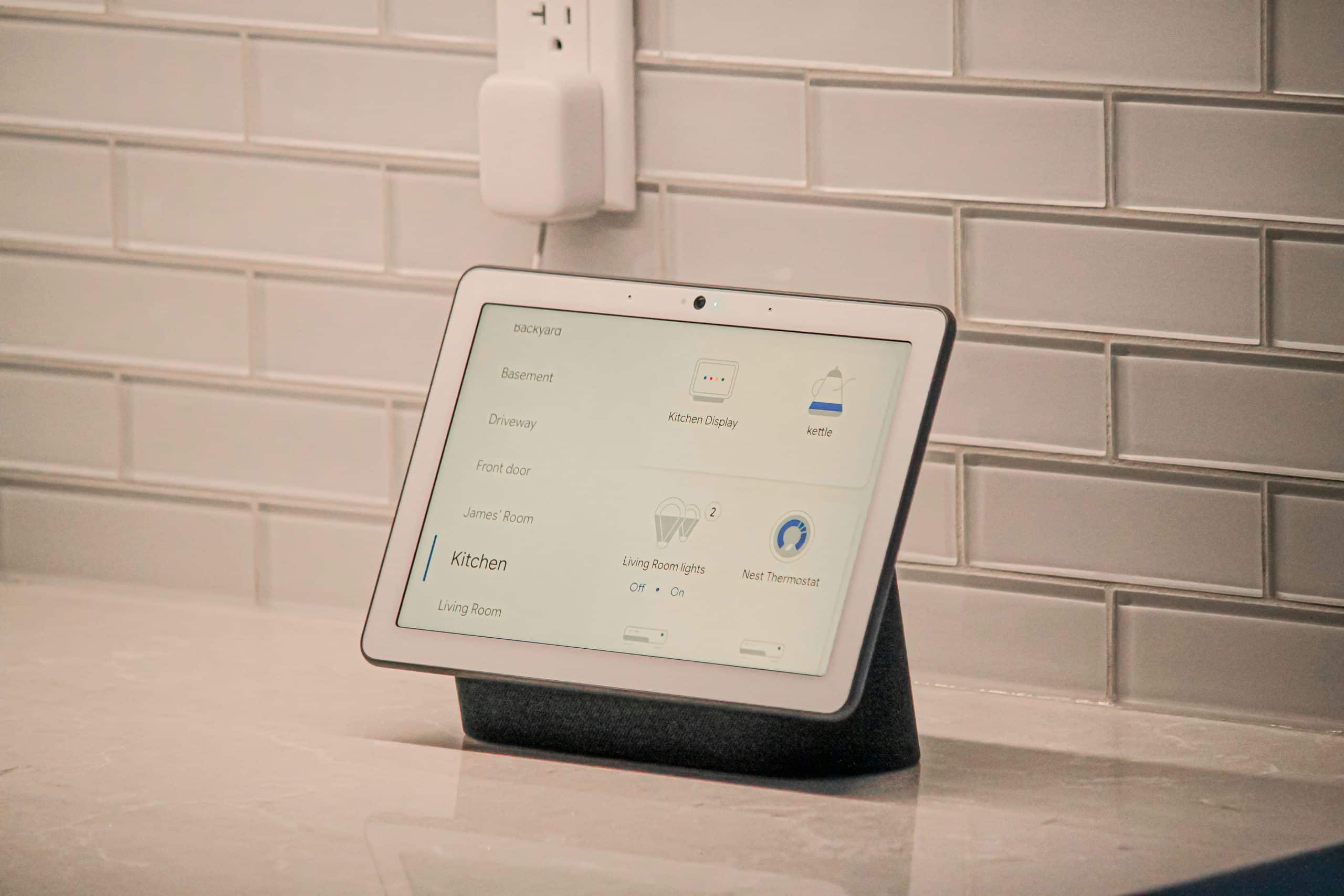How can smart homes reduce energy consumption?

In an age when environmental conservation and cost-saving measures are paramount, smart homes stand at the forefront of innovation, offering seamless solutions to reduce energy consumption. By integrating intelligent devices and systems, smart homes provide you with unprecedented control over your household’s energy use. These advancements aren’t just about keeping up with technology; they serve a pragmatic purpose, helping homeowners save money, enhance energy efficiency, and contribute to a sustainable future.
Smart homes are no longer a glimpse into the future but a present reality, with technology that allows you to turn off lights with a voice command or control your heating from a smartphone. Energy conservation is made simple and convenient through smart devices that learn your habits and adjust accordingly. Let’s explore how equipping your home with smart technology can lead to significant savings on your energy bills and a reduced carbon footprint.
A lire également : Digital twins in manufacturing: enhancing efficiency and precision
The rise of smart technology in homes
A smart home is a residence equipped with devices that automate tasks typically handled by humans. These smart devices can be controlled remotely via a smartphone, tablet, or a separate system within the home itself. Homes become "smart" when they have devices or appliances that connect to a network and can be independently and remotely controlled.
From smart therapeutics that regulate your home’s temperature without manual intervention to smart bulbs that adjust lighting based on the time of day, technology is making homes more energy smart. As homeowners, you can take advantage of these innovations to make your living spaces not only more comfortable but also significantly more energy-efficient.
Lire également : Is virtual reality the future of online shopping?
Energy smart appliances and systems
Every appliance or system in your home that uses energy has the potential to do so more efficiently. And with smart technology, this isn’t merely a potential—it’s a reality. Smart appliances—like Energy Star-certified washing machines and refrigerators—use less electricity and water, thereby helping you save on your utility bills.
Smart thermostats are another game-changer in optimizing heating and cooling systems. They learn your schedule and temperature preferences to minimize energy usage when you’re not home. Some can even provide you with reports on your heating and cooling patterns and suggestions for further efficiencies.
Intelligent lighting and smart plugs
Lighting is one of the easiest places to start when it comes to saving energy. Smart bulbs can be programmed to turn off or dim at certain times of the day or in response to natural light levels. This prevents energy waste from leaving lights on unnecessarily. Additionally, smart plugs can turn any appliance into a smart device by controlling the power supply, allowing you to remotely turn off devices that are not in use.
Through these energy saving measures, not only do you reduce energy consumption but also extend the lifespan of your bulbs and devices. This is not only beneficial for your wallet but also for the environment as it minimizes waste.
Water conservation in smart homes
Water heating can be a significant power drain in any home. Smart devices can help manage this by ensuring that water is heated only when needed. Additionally, smart irrigation systems can regulate your garden’s water consumption based on weather forecasts and soil moisture, ensuring no water wastage.
Smart homes can also detect leaks and automatically shut off water supply to prevent excess water consumption. This not only helps in saving water but also in preventing potential damage to your home due to leaks or flooding.
The future of smart homes and energy efficiency
The future of smart homes is not just about convenience; it’s also about sustainability. The more we integrate energy-efficient systems and appliances into our homes, the more we can minimize our environmental impact.
Advancements in AI and machine learning will further enhance the efficiency of smart homes. Smart thermostats and other devices will get better at predicting your needs and adjusting themselves accordingly, ensuring that no energy is wasted. This intelligent adaptation will prove crucial in reducing our overall energy consumption.
In conclusion, smart homes provide an excellent opportunity for homeowners to become more energy efficient and save money. By employing smart thermostats, energy-saving bulbs, efficient appliances, and water-conserving systems, you can significantly reduce your energy usage. As technology advances, the potential for savings and efficiency will only grow, making smart homes a smart choice for the environmentally conscious and cost-aware individual. Embrace the smart energy lifestyle and be part of the sustainable revolution.
